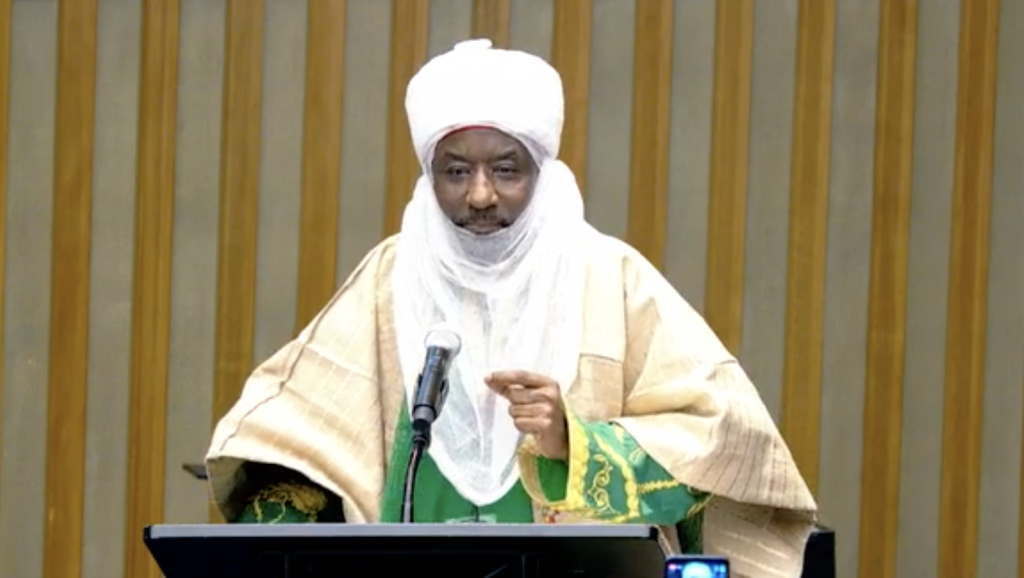“In 1974 when Deng Xiaoping started opening up in China, China had 700 million people living in poverty. 700 million in 1974. Today, in our own lifetime, China has only 30 million people living in extreme poverty.” Sanusi
Over population is one of the biggest challenges Nigeria is currently faced with, and it is one if the biggest threat it may encounter in future if not controlled and according to the Emir of Kano, Muhammad Sanusi II, over population is a plague on Nigeria’s economic growth, a major cause of extreme poverty.
Sanusi, while relaying his father’s experience in china, which portrayed the extreme poverty of the country and how it came out of it said;
“In 1972, my father went to Beijing as Nigeria’s first ambassador to China, in 1972, my father had to seek permission from the foreign ministry to go to Honk Kong every two weeks because essential commodities were not available in Beijing.
“In 1974 when Deng Xiaoping started opening up in China, China had 700 million people living in poverty. 700 million in 1974. Today, in our own lifetime, China has only 30 million people living in extreme poverty
“In 40 years, China has lifted 670 million people out of poverty. In 1974, China had only 8 million university graduate. In the whole of China, 8 million. Today, China has more than 300 million graduates or equivalent; that is more than the entire population of the United States of America.
According to Sanusi, alleviating extreme poverty in Nigeria is achievable since it has been done once before. He urged Nigerian leaders to first believe in the possibility of achieving SDG and to ensure it channels available resources to areas that need them the most.
He said;
“The Chinese are human beings and they did it, so first of all, I think we should get away from the idea that we cannot do it, because it has been done. The question is, are we ready to do it?”
“A number of things that I think we need to bear in mind, first of all, we talk about limited resources, and that is true, but you can have limited resources and either apply them to areas that will give you multiplier effect and impact or spread them so thinly that you on for 50 years and you are achieving nothing,” he said.
“One of the things Deng did was to say, look we cannot develop every part of China at the same time, so we are going to start with Schengen, and the Shangai, Guangxi and gradually it has spread across the whole of China.
“If Deng had tried to develop the whole of China at the same time, they would be where they were in 1974 because it will always be a drop in the ocean.
“So first of all, we have got to say what are the high impact areas where we can put resources. We have 17 goals, all these goals are important, but if you look at the country, you find that Nigeria is not one country where SDGs are concerned.
“Take poverty; extreme poverty is only 8.5 percent in Lagos, in Zamfara, it is 91 percent, in Kano, it is 77 percent. In the whole of the southwest, poverty is only 20 percent, in the northwest, it is 80 percent.
READ ALSO: Okada riders stab car owner to death
“So the priorities of the governor of Zamfara, and the governor of Kano, will have to be different from the governor of Lagos. If Lagos is talking about deep seaports and airports, and rail lines, we have to talk, in Kano, about education and primary healthcare.
“That is where it begins, if you’ve got limited resources, you’ve got to face your most important problems. You’ve got 17 goals, you’ve got to say, which of these goals has the highest impact.”



 Premier League
Premier League